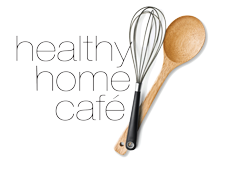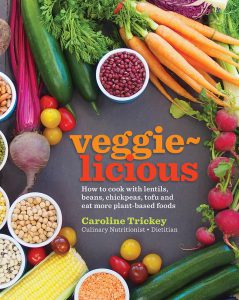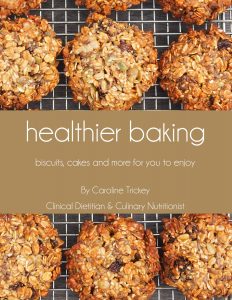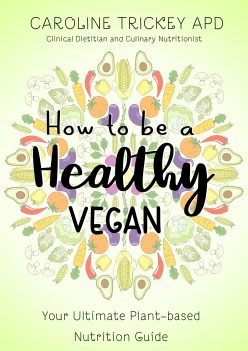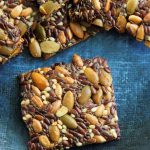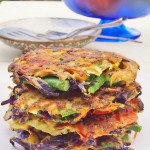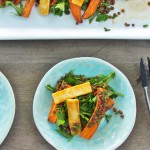PCOS (polycystic ovarian syndrome)
Here is a you tube video explaining PCOS (but skip the last minute if you can as that is just scary!)
DO NOT STRESS if you have PCOS
There is a LOT you CAN do
Here are my top 5 tips:
- Be as active as you can
- Follow a low GI intake
- Limit your saturated fat intake (from processed foods and animal products)
- Boost your intake of omega-3 fat-rich foods
- Boost your intake of antioxidants
And my top 3 myth busters
- Do NOT follow a low carb diet – as this will only make you more insulin resistant
- You do NOT need to do weight training – most of my clients find this helps them gain weight and bulk up which is NOT their goal!
- Do NOT need to avoid soy products – these may actually help improve symptoms
The following is from dietvsdisease but I have made a few minor changes…
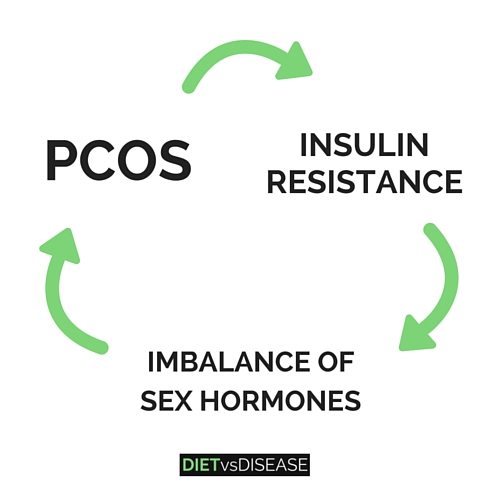
PCOS and What to Eat: Insulin and Weight Loss are Key
The most effective eating pattern for PCOS is one that promotes weight loss and reduces levels of the hormone insulin (3, 4).
This is because PCOS coupled with weight gain drives insulin resistance. That’s why PCOS dramatically increases risk of type 2 diabetes and other metabolic health conditions (5, 6).
Additionally, high insulin levels appear to upset regulation of the sex hormones. This worsens PCOS in a viscous cycle (7, 8).
Whichever eating pattern that helps you to successfully lose weight and lower insulin will have the best possible outcomes.
Increase Folate or Folic Acid Consumption
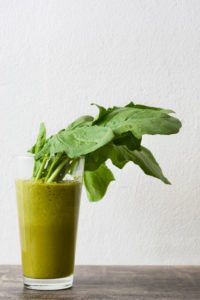 Folate and folic acid are both a form of vitamin B9.
Folate and folic acid are both a form of vitamin B9.
Vitamin B9 is essential to reduce the build up of a compound in the blood called homocysteine. High levels are thought to be an independent risk factor for heart disease and stroke (23, 24, 25).
Unfortunately, those with PCOS tend to have high homocysteine and therefore an increased risk of cardiovascular health problems (26, 27).
The most efficient way to reduce homocysteine levels is by increasing folate or folic acid intake. Folate comes from whole foods, while folic acid is the synthetic version in supplements (which some people cannot metabolise) (28, 29).
Top folate sources per 100-gram serve are:
- Beans and lentils (~50% RDA)
- Raw spinach (49% RDA)
- Asparagus (37% RDA)
- Romaine (Cos) lettuce (34% RDA)
- Broccoli (27% RDA)
- Avocado (20% RDA)
- Oranges/Mangoes (~10% RDA)
Summary: PCOS patients tend to have high homocysteine levels, which appears to increase heart disease risk. Consuming more folate is the most effective way to remedy this.
Limit Junk Food and Added Sugars
It goes without saying that junk food is a nightmare for treating PCOS.
That includes candy, muesli bars, milk chocolate, potato chips, ice cream, fruit juice, soft drinks and similar products.
They’re typically high in calories and added sugars, which can raise insulin levels and disrupt other hormones.
Not only does regular consumption of these foods lead to weight gain, but is likely a driving factor for ovulation problems and infertility (30).
Summary: Foods high in added sugars should be strictly limited, especially if you have PCOS.
Sample Meal Plan For PCOS
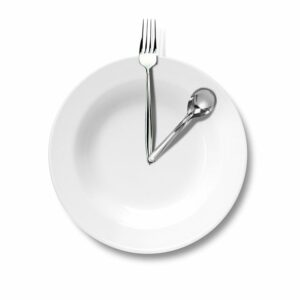 This is a sample meal plan or diet for PCOS.
This is a sample meal plan or diet for PCOS.
It is low GI and based on the above recommendations:
Monday
- Breakfast: Bircher muesli, Nutty Granola or Porridge
- Lunch: Cannelini bean and tuna salad
- Dinner: Quick chickpea curry
Tuesday
- Breakfast: Wholegrain toast with avocado and tomato or peanut butter
- Lunch: Leftover chickpea curry
- Dinner: Chicken mince and basil stir fry
Wednesday
- Breakfast: Bircher muesli, Nutty Granola or Porridge
- Lunch: Leftover stir-fry from last nights dinner.
- Dinner: Cauliflower fried rice
Thursday
- Breakfast: Wholegrain toast with avocado and tomato or peanut butter
- Lunch: Leftovers from previous dinner or Beetroot lentil feta and walnut salad
- Dinner: Chilli con carne (note: if you have a super-busy week, make this on the weekend before and freeze)
Friday
- Breakfast: Bircher muesli, Nutty Granola or Porridge
- Lunch: Tinned salmon and salad
- Dinner: Baked Salmon with lemon pesto and veggies or salad
Saturday
- Breakfast: Banana coconut and chia pikelets
- Lunch: Chicken avocado and sprout sandwich
- Dinner: Dining out
Sunday
- Breakfast: Zucchini and chickpea fritters with tomato and avocado salad
- Lunch: Quinoa and brown rice sushi rolls
- Dinner: Tempeh or tofu stir-fry with lentils, cashews and green leafy veggies.
Get in the habit of drinking plenty of water and really cutting down on snacking.
A Better Way of Eating For PCOS Is Only The Beginning…
As you can see there are several important dietary considerations for PCOS.
Treatment also involves reducing chronic stress, increasing physical activity levels and getting adequate sleep.
All these factors greatly influence our hormones, and in the end PCOS is a hormonal problem.
This information is meant as a guide only
